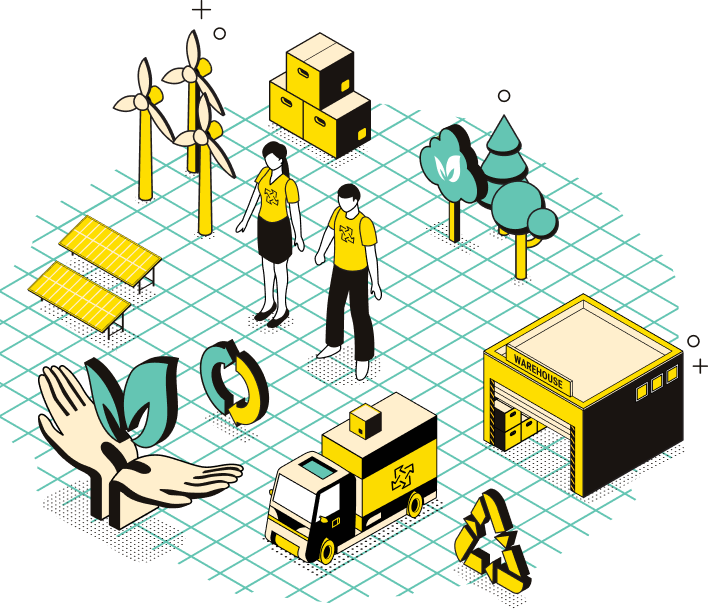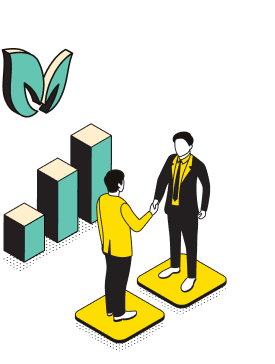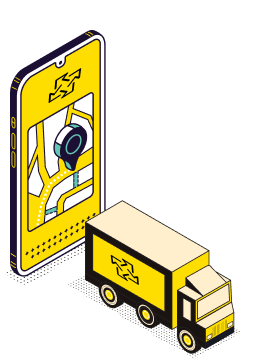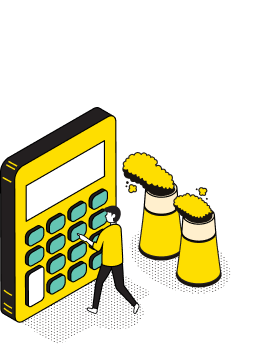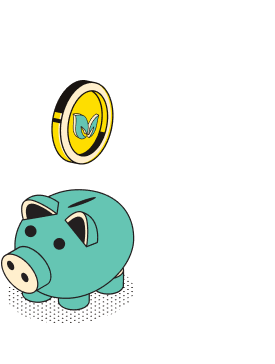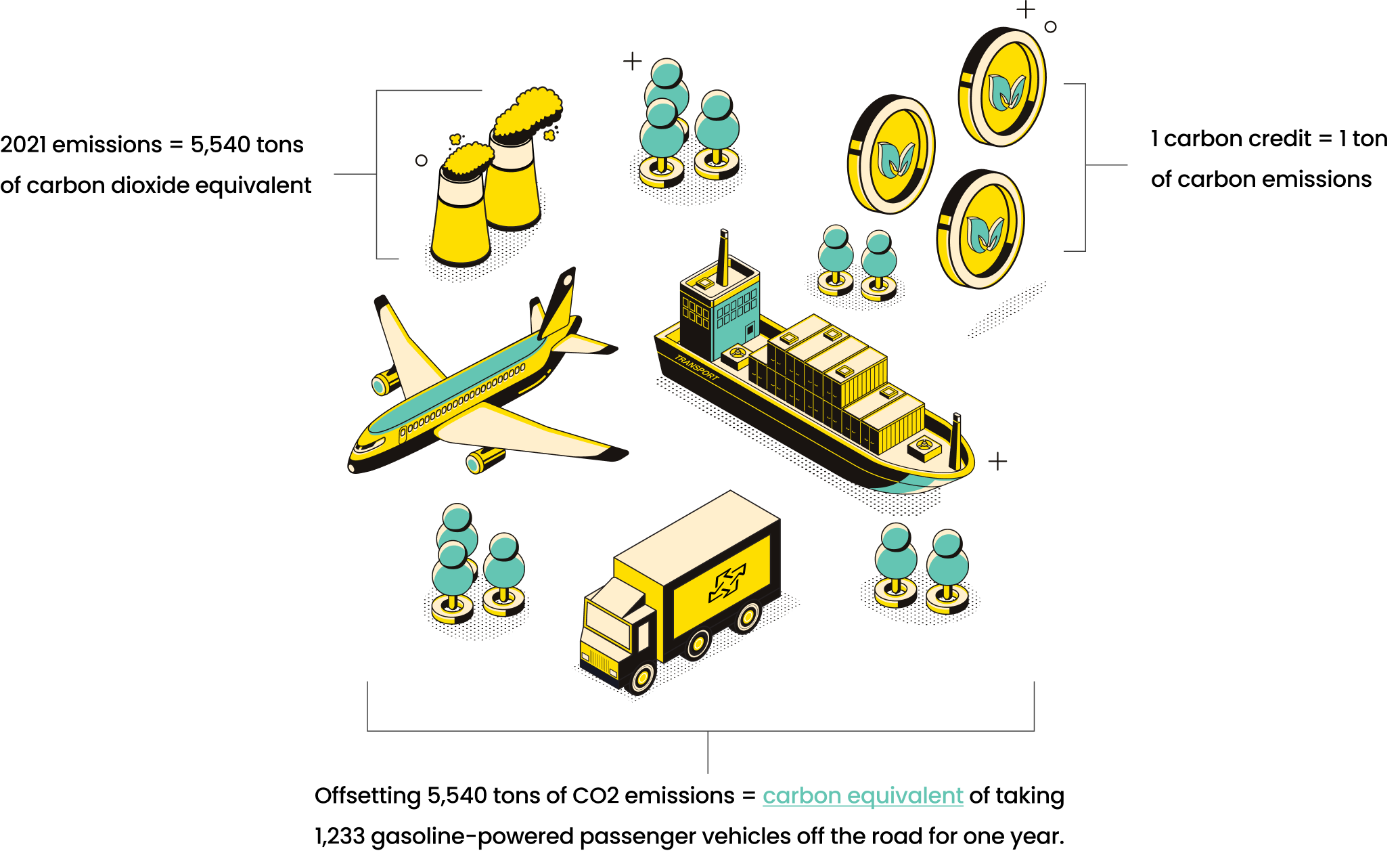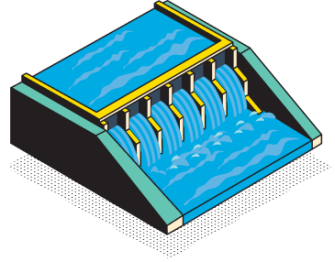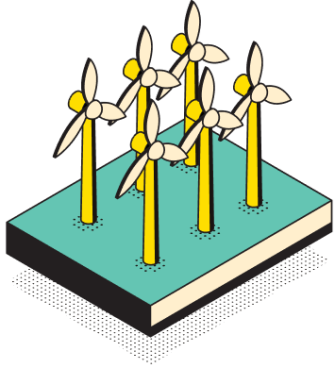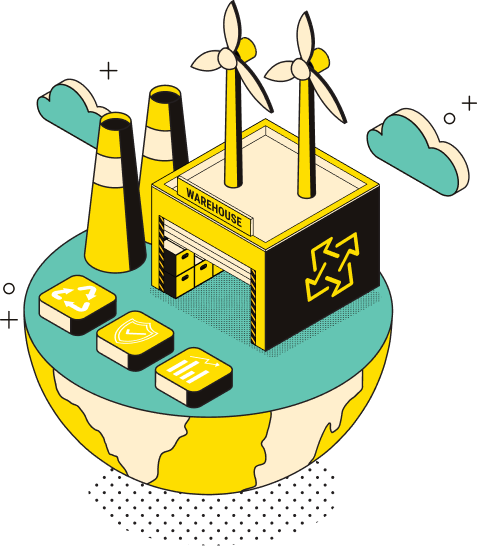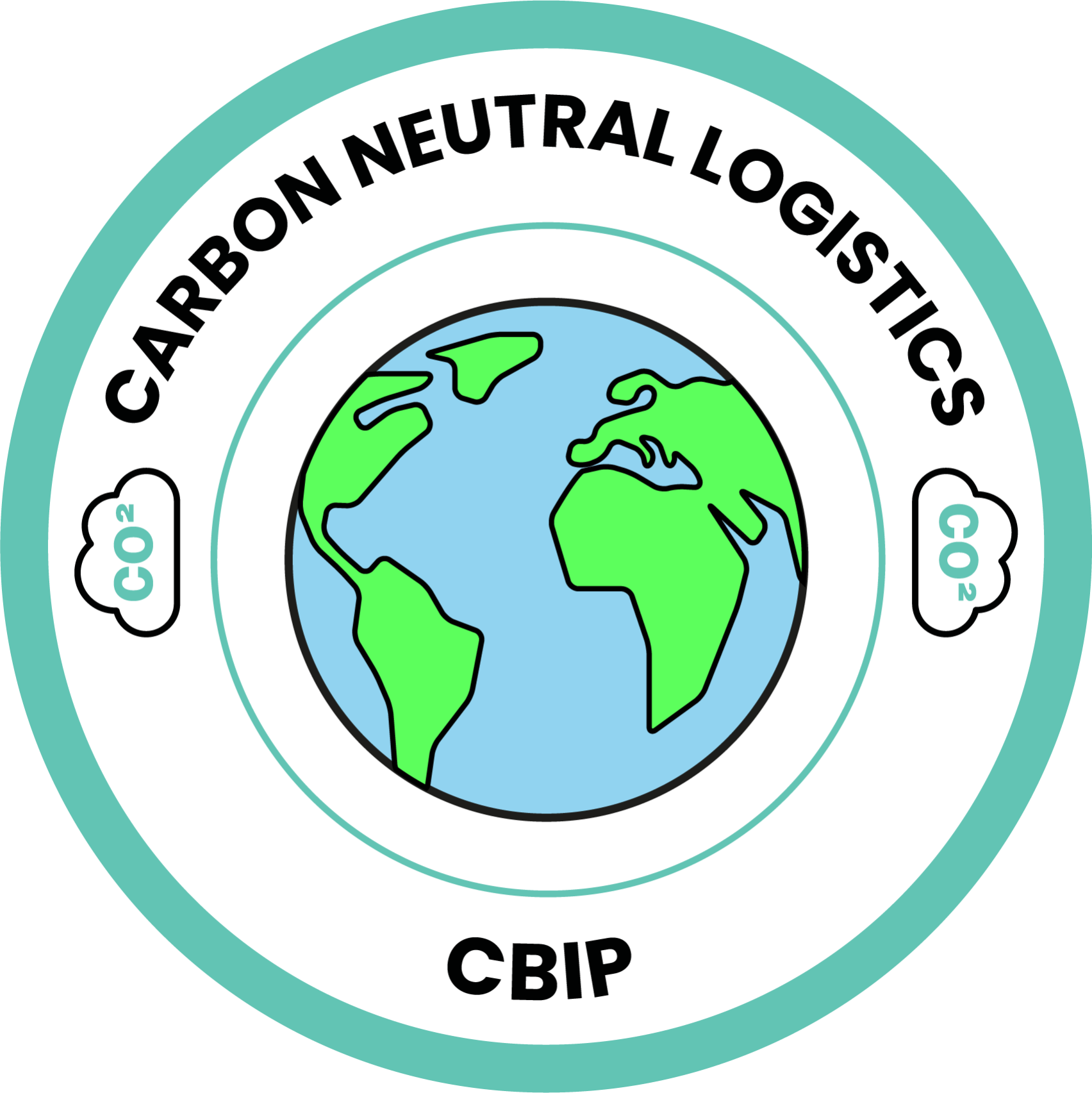No! Operating sustainably doesn’t cost our customers anything extra. We work with our partners to share the costs of purchasing carbon credits to offset emissions. We share in the environmental responsibility and make our customers’ shipments greener at the same time.
A company becomes carbon neutral when it purchases enough carbon credits to offset their carbon emissions. One carbon credit draws down the equivalent of one ton of CO2 emissions.
Carbon offsets are designed to offset carbon emissions from various activities. Companies or individuals can purchase carbon credits from accredited entities to offset their emissions. Offsets can exist in many different forms such as renewable energy projects, tree planting, ecosystem restorations, and more.
Every dollar we invest in offsetting all of CBIP’s activities allows us to support genuinely world-changing initiatives. To find that dollar amount, we calculate the CO2 emissions resulting from all parcels being sent through CBIP for the previous year. Then, we will invest it via our partner, South Pole.
CBIP audits its partners to gather all data relevant to calculating emissions, including: electricity use in warehouses, fuel use in delivery vehicles, and employee commutes.
Absolutely! In partnership with South Pole, we can collectively choose different projects focused on regions where CBIP works directly.
CBIP is proud to share our progress on sustainability. Take a look at how we measure and report our impact.
South Pole is a company that aims to reduce the impacts of climate change by implementing several emission-reduction projects. We work with South Pole to accurately measure our emissions, decide on emission-reduction projects to support, and purchase the right amount of carbon credits to offset our emissions.
If a company has net-zero emissions, it means their net greenhouse gas emissions are zero without purchasing carbon credits to offset their emissions. The supply chain, logistics, and transportation sector will likely take decades to transition to be net-zero.
There are two parts to this. The first part is, the majority of our emissions come from our subcontractors and partners, and we have no control over their emissions. The second part is the logistics and transportation industry is a difficult one to fully decarbonize quickly. CBIP aims to align on sustainability goals with all of its suppliers in the future.
